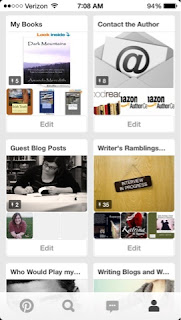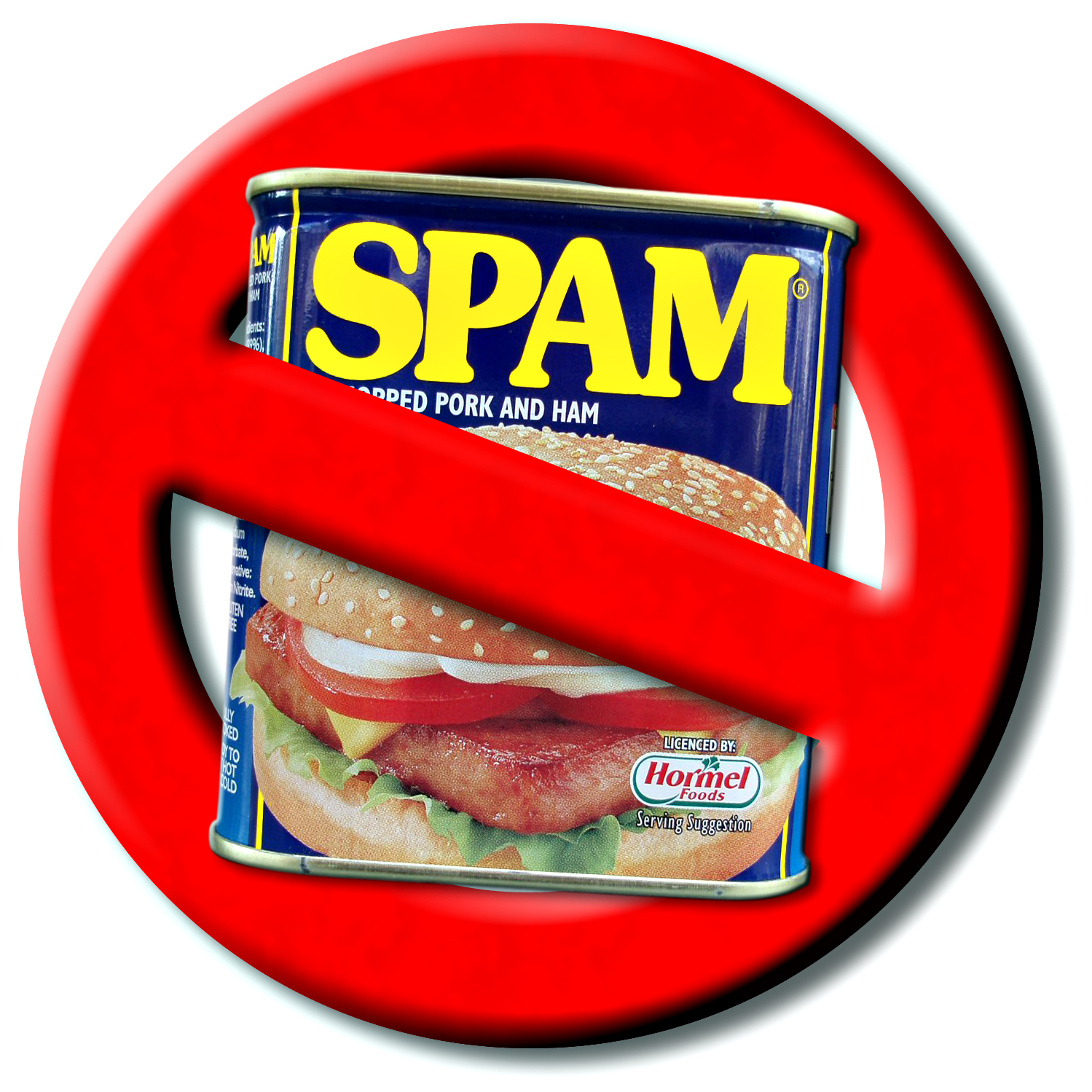True statement.
Coming up with a general idea for a character, and how they fit into a story, is easy.
Going into details and fitting all those pieces together, now THAT'S hard.
There are TONS of sites you can go to and find character charts and questionnaires to fill out for each character. I tried this with the characters in my Irish Treasures Saga. There were so many characters, spread through each book, that I felt like I had to put them down on paper individually.
Especially in a series, with multiple characters making appearances in all the books, it's VERY easy to start merging character traits and mannerisms with other characters.

Your women might start to lift an eyebrow the same way. Your men might clench their jaw in the same expression of frustration. The way they speak, joke, move, might start to blur. It is VERY important to make sure your characters stay INDIVIDUALS. Each person has a voice, their own mannerisms, and quirks. You don't want to get those mixed up with another character. Believe me, your readers WILL notice.
So how do you keep your character's individuality throughout your book or books?
Make a character chart for each main character.
Start with the basics.
- Name
* Full name
*Nickname
- Date/Location of birth
- Language(s)
* Include dialect, slurs, speech impediments, accents, etc.
- Location
- Sexuality/Relationship status
- Get physical
*height, weight, skin color/tone, eye color, hair color/style/texture, glasses/contacts, braces/retainer
You need to know these things to be able to describe well.
- Get really physical
Not everyone is has a body like a god/goddess.
*Chest size (for women)
They aren't all perky double D's. Actually, hardly anyone is perky after an A cup unless they're fake. ;)
*Muscles (for men)
This takes work; men don't have sculpted abs and fearsome biceps without a lot of hard work.
*Toned/fit.
This is more believable.
*Flabby/overweight
This is very common.
*If you're writing anything with adult scenes you need to know your character's attributes below-the-belt as well.
Not every man is well endowed. Not every woman is a model under her clothes.
- Get in their head
* Mental State
Optimist or Pessimist? High strung, mellow, a little bit of both? Racing thoughts? Go-to sarcasm? Dry humor? Depressed? Low self-esteem? Full of themselves?
*Fears/Phobias
We all know why Bruce Wayne was afraid of bats.
*Beliefs
Religious? Atheist? Agnostic? Non-committal? Pagan?
- Everybody has a quirk
(or multiple quirks) the list is practically endless.
* Lift an eyebrow?
Think Angelina Jolie, David Tennant, The Rock, Vivien frickin' Leigh
* Foot tapper?
* Nail biter?
*Teeth grinder/jaw clencher
*Nervous speaker
*Obsessive Compulsive
*Angry outbursts
*Mouth like a sailor
*Prideful
- Plan for the future
Everybody has goals, short and long-term.
*Save for a new car or a house
*Get married and start a family
*Get a paycheck every week to pay the bills
*Get to Friday
*Start a business
*Get a degree
- Home life
*Aesthetic
Modern? Expensive? Whatever's cheap? Vintage?
- Attire
*Expensive tastes? Runway fashion? Comfort clothes? Dresses/Skirts? Suit and tie? Jeans and flannels? Western attire?
- Habits
*Everyday habits
Wake up at the same time, brushes teeth for five minutes, 2 cups of coffee before work, same cereal for breakfast, 30 minute shower, stomach sleeper, couch potato, etc.
*Bad habits
cigarettes, e-cig/vape, cigars, drinker, fast-food junkie, shop-a-holic, big spender, credit cards, etc.
- The past is the past. Except YOU need to know it.
*Relationships
crushes, old flames, exes
*Family
On good terms? Don't speak? Very close? Sees once a year?
*Memories/Events
Major accident or trauma? Death of a loved one? Abused?
- Transportation
* Car, truck, bus, train, airplane, walker, bike, motorcycle?
- Career
* Current career
Do they love it or hate it?
*Preferred career
What do they want to do in the future?
- Likes/Favorites
*Sports/Team
*Food
*Location/Vacation spot
*Drink/Food
*Book/Movie/TV/Song
*Curse Word/Phrase
- Skills/Talents
*Play an instrument, sports talent, genius, artist, writer, singer, dancer?
Now these are just the basics when it comes to figuring out your characters. But how do you put it into practice?
When you write a character, you're creating a living, breathing person... in your head. You have to imagine him or her like they were standing next to you.
If your hero was your husband or wife, what kind of things would you notice? Think of your own significant other. What are some of the more prominent traits and mannerisms that come to your head. Write that down.
For the character that's the same sex as yourself, if you were that character, what things would you want other people to notice, attribute to who you are? What makes you unique? Write that down.
For your girl friend, best friend, childhood friend, co-workers, family, etc. Picture the ones in your life. What do you notice? Write it down.
You have to imagine these characters in everyday life. What would they do? How would they react. How do they make you laugh, cry, love? Those are the most important thing to know about your characters while you write.
Need inspiration? Go to the store, Starbucks, a park. Try to observe the people around you (without looking like a creep). See how they interact with others. Do they talk to themselves? Laugh a lot? Snort? Smile non-stop? Use those things as inspiration and your book won't feel like a book, it will feel real.




